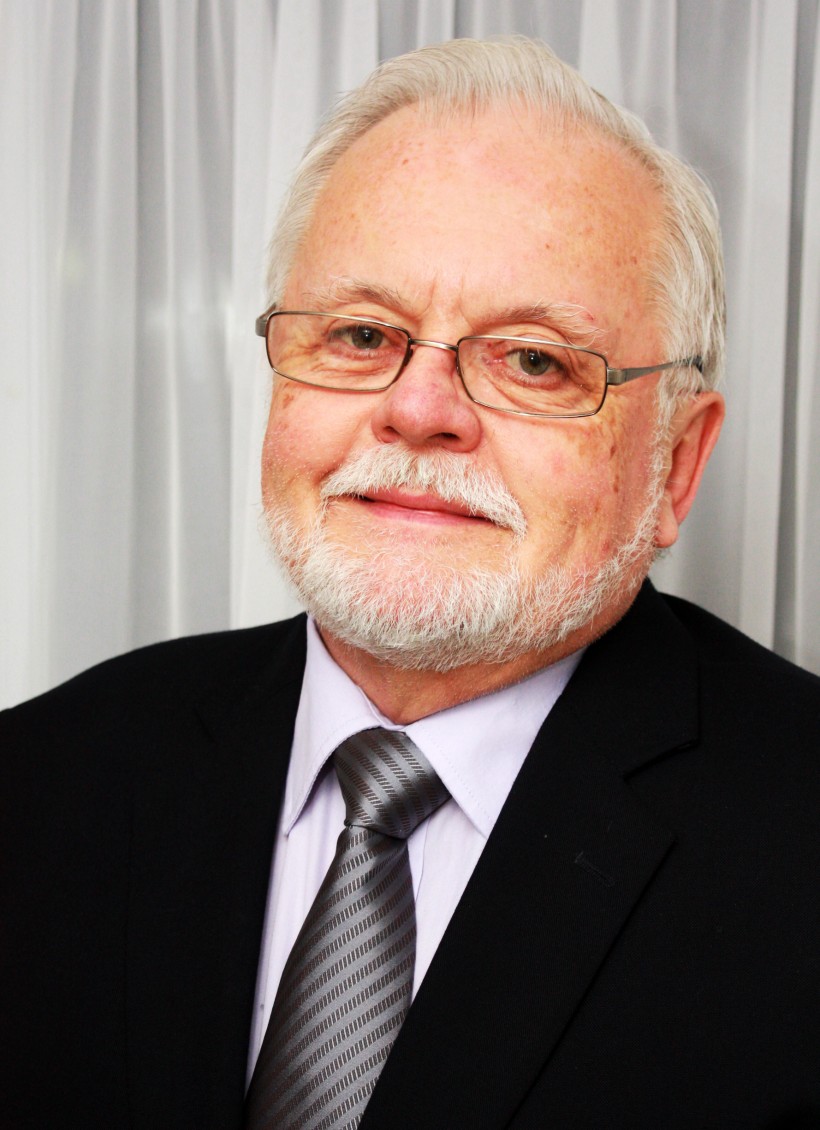A team from Google has been in Nova Scotia this week filming a pilot project that uses Google Home to improve the lives of seniors.
For the past three months, a team led by entrepreneur John Hamblin has been working with the voice-activated product to help seniors maintain better contact with family members and carers. Google, the Silicon Valley tech giant, has been monitoring the project and was so impressed that it wants a documentary on the work being done in Nova Scotia.
A Google film producer and film team have flown in from New York and are spending time in both Halifax and Sydney. The Cape Breton component has been key as many of the more interesting test cases are in the Cape Breton city.
“Since mid-April, we had the first group on board,” said Hamblin in an interview. “The feedback has been great. … Some of the impact would be huge — I guess that would be the simplest word for it.”
Hamblin is the head of the volunteer organization Startup Halifax and also works on the growing movement for “seniorpreneurs”, or enterprises operated by or for seniors, often both. Given that the Maritimes have the oldest population in North America, many people believe this region can be a great development market for products that help seniors.
Over the past year, Hamblin has become intrigued with how voice-activated devices could improve seniors’ lives. He contacted a few major companies about pilot projects in Nova Scotia and eventually made headway with Google.
One Sydney Startup Helping Seniors is Full Plate. Read its Story Here.
Working with his friend Rob MacKenzie (a Sydney entrepreneur) and two others, Hamblin arranged for pilot projects with about 30 seniors in Nova Scotia. Google provided the hardware free. They set up the devices so the users could dictate messages to carers or family members, who would receive them as texts. That meant they could respond at a convenient time. The devices are also used for simple tasks (like turning on the radio) that can be challenging for people with poor sight or muscle control.
“Everyone who uses it loves it,” said Hamblin. “The group in Sydney has some especially compelling cases.”
The Sydney group includes a woman in her 80s who is almost blind and uses Google Home to listen to the radio. Another is a part-time inventor who makes his own products for seniors, but is now losing the use of his hands. Hamblin said he was almost in tears when he realized the possibilities of how the new technology could help his work.
The Google team has been monitoring progress and receiving feedback, both on the impact of Google Home and how the product could be improved. Now they want the documentary to put on YouTube and present at Google events.
Hamblin said his team is now wrapping up Phase 1 of the project and will move into Phase 2 in the autumn, which aims to improve connectivity between Google Home and other devices in the house.
“Voice-based systems are the future in technology and this project will allow us to both evaluate and enhance the current products in order to build a great system specifically aimed at supporting seniors,” said Hamblin. “The team members who are working on the pilot project … strongly believe that this is the first step in deploying a system that can help millions to live independently and enjoy their lives.”










